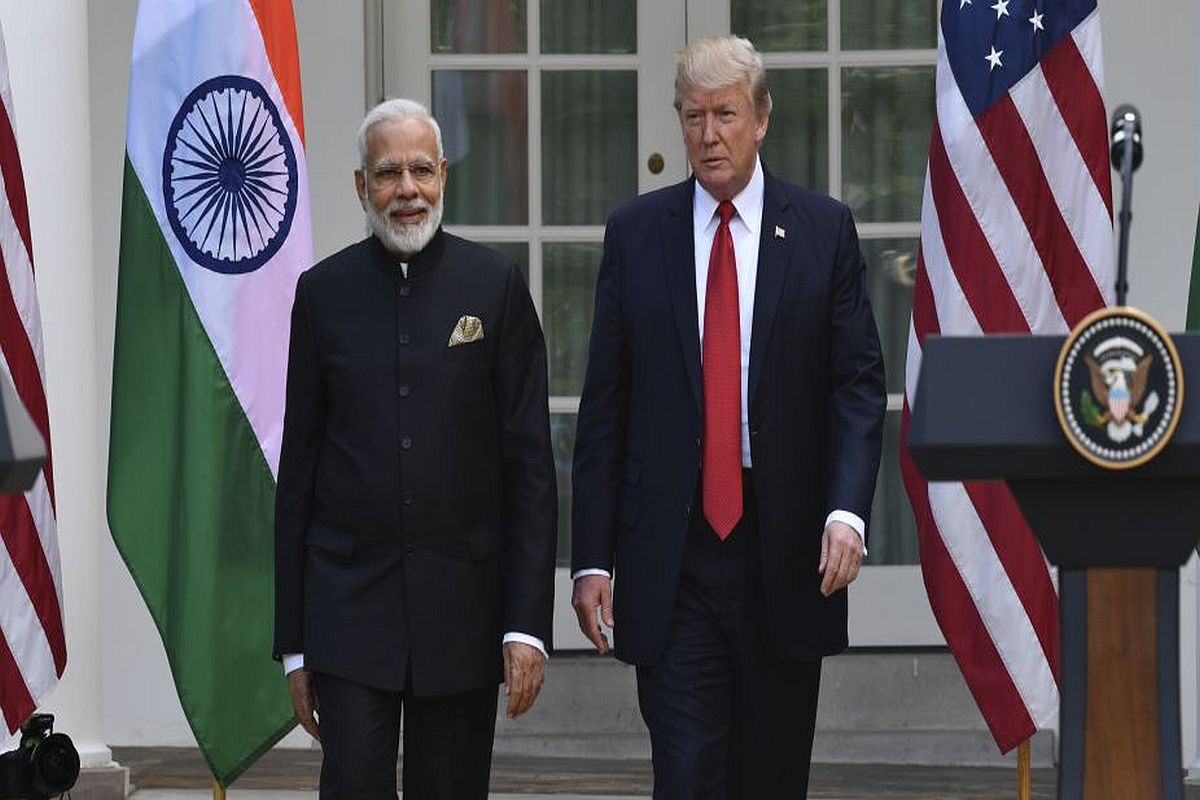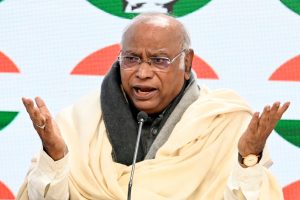The United States on Friday said that there is no change in its policy on Kashmir and called on India and Pakistan to maintain calm and restraint.
“No”, firmly replied State Department Spokesperson Morgan Ortagus when asked by reporters if there has been any change in America’s policy on Kashmir.
The US policy has been that Kashmir is a bilateral issue between India and Pakistan and it is up to the two countries to decide on the pace and scope of the talks on the issue.
“And if there was, I certainly wouldn’t be announcing it here, but no, there’s not,” the official said in response to a follow-up question.
She said the United States supports dialogue between India and Pakistan over Kashmir.
“It’s something that we’ve called for calm and restraint by all parties. We want to maintain peace and stability, and we, of course, support direct dialogue between India and Pakistan on Kashmir and other issues of concern,” the US State Department spokesperson said.
The Indian Parliament on Tuesday approved provisions to scrap Article 370 and passed a bill to bifurcate the state into two Union Territories.
Ortagus said the US was working closely with the two South Asian countries.
“We have a lot of engagement with India and Pakistan. Obviously, we just had Prime Minister Khan here, not just because of Kashmir. That’s certainly an incredibly important issue and something that we follow closely. But we have a host of issues that we work with India on quite closely and that we work with Pakistan on quite closely,” she said.
Ortagus further reiterated earlier statements that the US was not consulted and informed by India about its decision on scrapping articles 370 and 35A of the Indian Constitution.
“There was no heads up given,” she said.
Successive US administrations’ policy have been to encourage India and Pakistan to resolve their differences through dialogue.
Meanwhile, after Acting Secretary of State for South and Central Asia Alice Wells, another senior US diplomat is heading to India.
The visit was pre-scheduled but it would be used to discuss the current issues, Ortagus said.
Earlier on Thursday, top US lawmakers urged Pakistan to refrain from any “retaliatory aggression” against India and take “demonstrable action” against terrorist groups within its territory.
This came hours after Pakistan on Wednesday expelled Indian High Commissioner Ajay Bisaria and suspended trade with India over the revocation of Article 370 in Jammu and Kashmir.
Two top Democratic lawmakers Senator Robert Menendez and Congressman Eliot Engel of the House Foreign Affairs Committee in a joint statement on Wednesday expressed concern over what they called restrictions in Jammu and Kashmir.
“Pakistan must refrain from any retaliatory aggression, including support for infiltrations across the Line of Control, and take demonstrable action against the terrorist infrastructure on Pakistan’s soil,” they said in the statement.
Last month, US President Donald Trump had claimed that Prime Minister Narendra Modi had requested him to mediate in the Kashmir issue, which India has strongly denied.










